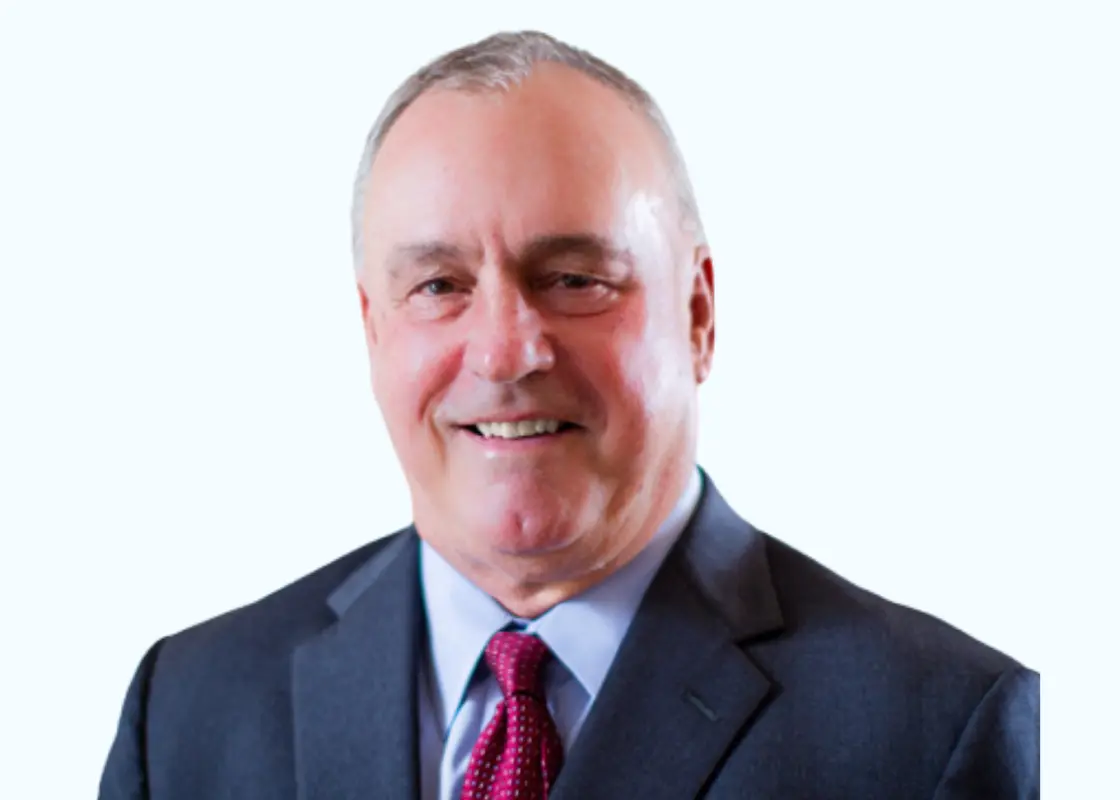Ten Keys to Career Success
Recently I was asked to address a group of hospitality school students on the topic of career success. My career started as an assistant coffee shop manager in a hotel restaurant and ended as an Executive Vice President. My task was to explain how I made this happen.
Admittedly my success was a lot about timing; growth in the hotel sector during my career was off the charts. And, of course, a little bit of luck was involved. However, when forced to think about the proactive steps that will help advance a career I came up with the following:
1. Vision. It is important to have a sense of where you want to be in three to five years, and to have some goals you want to accomplish. I always had a vision of sorts and I will be the first to tell you things didn’t always work out the way I planned. A vision and goals will help guide your thoughts and actions – giving you direction.
2. Focus on the task at hand. Yes it is good to have a vision. Excelling in your current assignment is what will get you noticed and promoted. It isn’t a good idea to be telling anyone who will listen what you want to do next. In fact, unless asked a direct question by a supervisor I recommend keeping your vision to yourself.
3. Develop your strengths. Too often I have seen people spend too much time trying to turn a weakness into strength with limited success. Yes, you need to be aware of your weaknesses, make efforts to improve or surround yourself with people who balance you and your team. Your strengths are what helped to get you where you are today and will be a key to future success. Work to make them even better.
4. Communication. Being a good communicator is critical to everyone’s success and here are a few recommendations:
- Listen first and talk second. Listen for understanding.
- Over-communicate your direction. Don’t assume your subordinates and peers fully understand the why.
- Tailor your communication to your audience. Your delivery and substance need to vary depending on who you are speaking to.
- Don’t communicate anything on social media you don’t want in the public domain.
5. Don’t be a checklist manager. Try to understand the purpose of the task you have been assigned and how it fits in the whole. If you aren’t clear then ask for clarification. Complete the task with the purpose in mind and the end result will be superior.
6. No excuses. When something goes wrong, don’t make excuses or assign blame. The best course of action is to ask yourself: What could I have done differently? If you are candid with yourself, I can guarantee that you will be able to identify a personal action (assigned a different person, added resources and clarified direction) that that you could have taken to change the outcome.
7. Learn from your mistakes. We all make mistakes; just don’t make the same mistake twice! It is imperative that we take ownership of our own mistakes and adjust our behaviors appropriately. Seek out and accept constructive critique on your performance.
8. Relationships and mentors. Develop professional relationships with everyone around you – supervisors, peers, employees, other departments, owners, customers and competitors. Don’t expect things to get done just because they should. Relationships grease the wheels. Some relationships will naturally develop into mentors. You should seek and embrace mentor relationships. A mentor will tell you the truth regardless and push you in the right direction. I’ve had several mentors and they were invaluable.
9. Politics. Politics exist in every organization to some degree. You need to be aware of the office politics. However, the best advice I can offer is to distance yourself from them to the extent possible. I have seen a lot of smart guys play the politics game and eventually get burned. Yes, you will win a few rounds, but like any game you will also lose a few rounds and those are the ones that will hurt.
10. Take calculated risks. The key word here is calculated – know what the odds of success are before you leap. I like to use the 80% rule. You will almost never be 100% sure before you act, and if you go much past the 80% mark before you act you may miss the opportunity.
Here are two examples of career risk:
Third Shift: As the most junior manager on staff, I was assigned the midnight to 8am shifts at the coffee shop. I took the initiative to present a business plan to eliminate the third shift, eliminate a management position and improve profitability. It could have been my position that was eliminated, but I didn’t think they would fire the plans author.
Career Path: As a Director of Marketing with five years of F&B experience I was ready to move to Resident Manager and onto General Manager – a goal I had since I first started. Instead I was offered a Regional Director of Sales & Marketing assignment – a big job with some performance risk involved. I took the risk rather than the conservative path and it led to international assignments, a General Manager gig and eventually Executive Vice President.
There is probably very little on my list that you haven’t heard before, and you may have a few to add yourself. The key to success is to apply these principals or your principals consistently. The name of the game is to be the best you can and it isn’t all luck and timing; it does take a proactive effort.
About the author
Chuck is a Partner with Cayuga Hospitality Consultants, a network of independent consultants specializing in hospitality/lodging. He spent 32 years with Marriott International, beginning as an Assistant Restaurant Manager and worked his way up to Executive Vice President responsible for Marriott’s Caribbean/Latin America Region. Along the way he held positions as Director of Restaurants, Director of Marketing, Regional Director of Sales and Marketing, General Manager and Country Manager Australia. A graduate of the University of Hawaii, with a BS in Travel and Tourism Management. He is a prior member of the Baptist Health South International Advisory Board and previously served as Chairman of the Caribbean Hotel and Airline Forum for the Caribbean Hotel and Tourism Association. He served with distinction in the US Army in Vietnam having earned a Purple Heart and Bronze Star for valor in combat.
Contact Us




